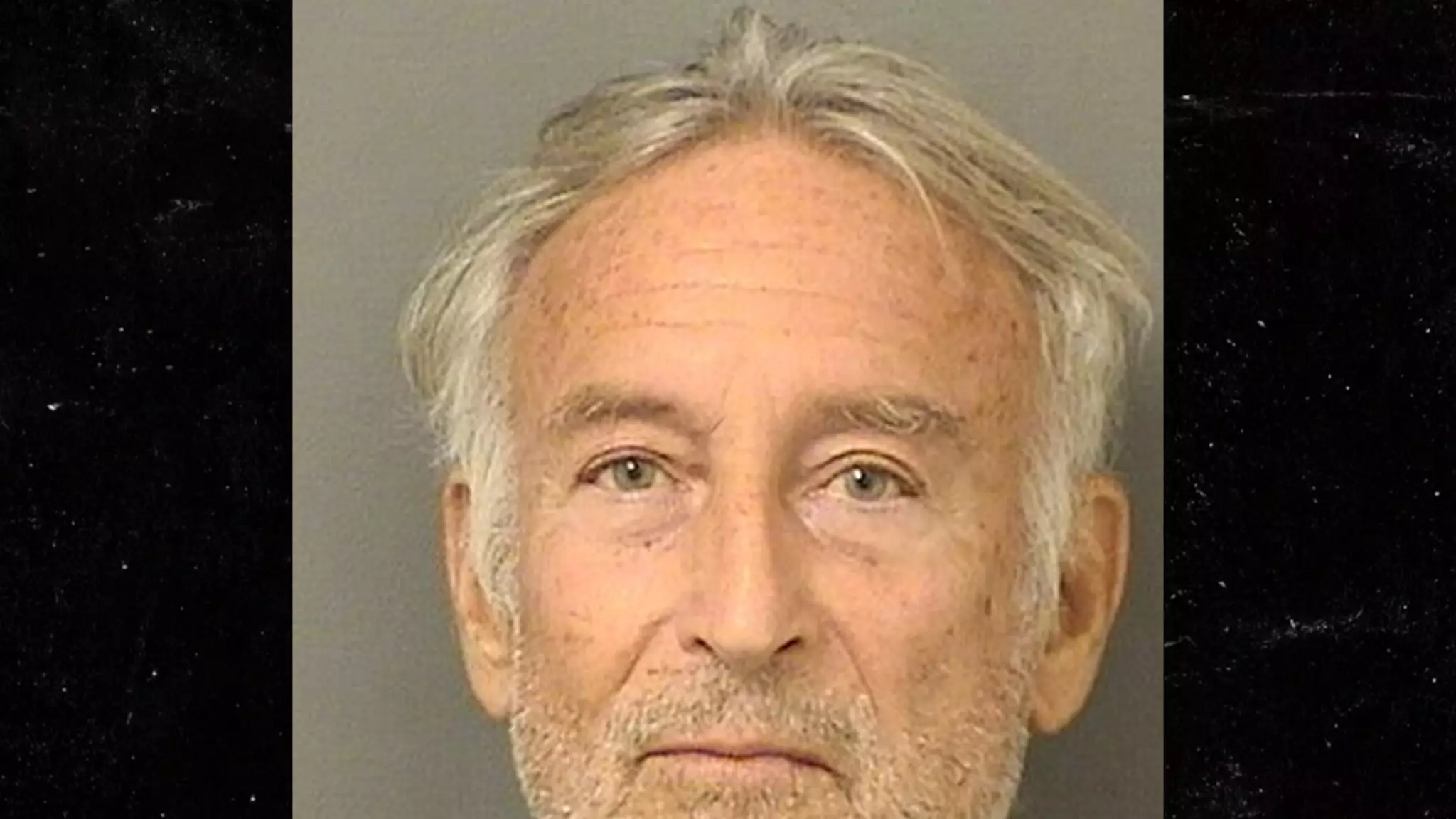When the news broke about a 73-year-old Floridian named Glenn DeCicco being arrested for threats against President Trump, many were quick to form an image based on his mugshot. With sandy hair, a rugged 5 o’clock shadow, and a laid-back surfer vibe, DeCicco embodies the quintessential beach enthusiast. This incongruity between his appearance and the severity of his actions contributed to a whirlwind of media attention, raising questions about how we perceive individuals who fall into crime.
The Weight of Words
DeCicco’s specific threats were both alarming and oddly disjointed. His social media posts—especially a line that stated “Ass-ass-inate!”—carry a weight that signals something much deeper than mere jest. The juxtaposition of such a happy-go-lucky persona with chilling threats is fascinating, as it challenges our understanding of who is capable of harboring violent intentions. The very notion that a man who looks like the embodiment of a carefree beach lifestyle could entertain thoughts of violence against a political figure is both unsettling and thought-provoking.
This incident underscores the significant impact of our words, especially in the context of the current political landscape, filled with heightened tensions and divisive discourse. The casual expression of violence through social media has become alarmingly normalized, transforming what might once have been fleeting, impulsive thoughts into threats that demand a serious response. In DeCicco’s case, his words did not fall on deaf ears; they prompted a swift and serious reaction from law enforcement and the Secret Service.
Political Agitation and Consequences
Upon arriving at DeCicco’s residence, police reported that he appeared agitated, a further indicator that his political beliefs could have fueled his disturbing social media outbursts. It’s easy to dismiss such threats as the ramblings of an unstable individual, but they also reflect broader societal issues. The polarization of political opinions in the United States has led many individuals down dark paths, even resulting in violent behavior. While DeCicco’s age and easygoing appearance do not conform to traditional stereotypes of an offender, they serve as a reminder that anyone, regardless of age or demeanor, can harbor radical thoughts.
The consequences he faces—being held without bond and ordered to avoid the President—add layers to this unfolding drama. Despite his benign façade, the legal ramifications of his actions enforce the reality that threats to public figures are not taken lightly.
Life on the Edge of Recklessness
DeCicco’s arrest illustrates a pressing societal issue: how individuals articulate and navigate their frustrations in this highly charged political environment. It raises crucial questions: How do we differentiate between free speech and incitements to violence? Is there a threshold that transforms casual political commentary into grave threats?
Though DeCicco may appear as an unwitting embodiment of the phrase “don’t judge a book by its cover,” his case pushes society to reflect on the startling reality that the edges of civility can sometimes blend seamlessly into reckless abandon. It compels us to reassess the ways in which we express dissent and the potential consequences that can arise from seemingly innocuous words. DeCicco serves as a startling reminder that the intersection of personal beliefs and public safety is a complex and dangerous landscape.

